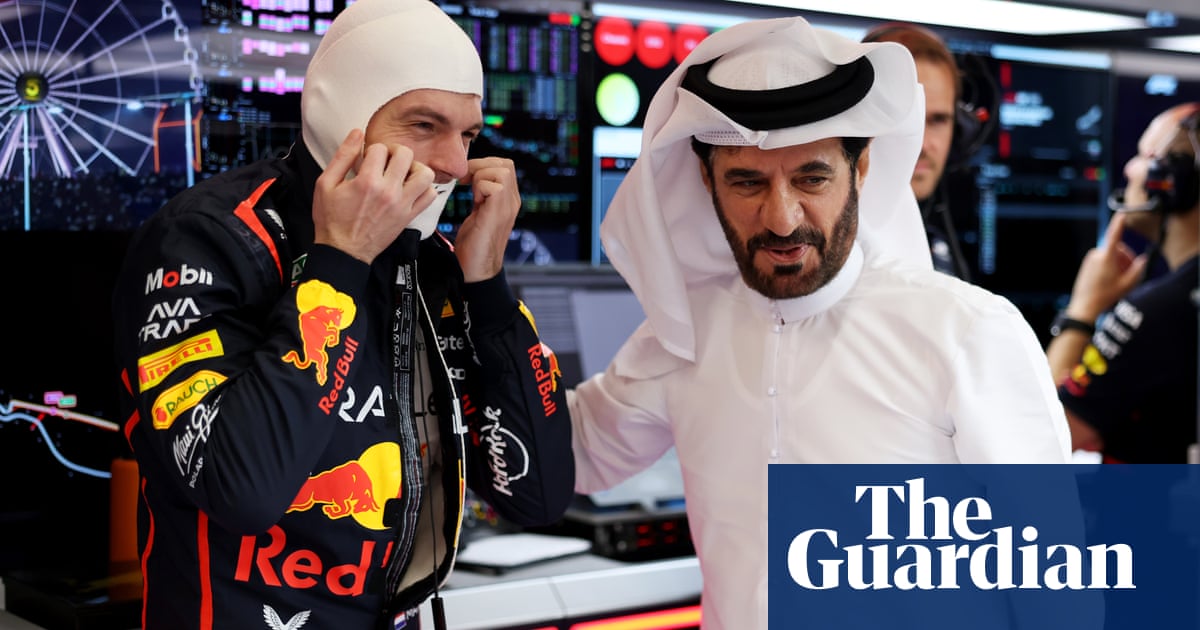The standoff between drivers and the president of Formula One’s governing body over the contentious issue of swearing may have taken a step towards resolution.
Ahead of this week’s Miami Grand Prix, FIA leader Mohammed ben Sulayem posted on Instagram that after “constructive feedback” from drivers across the world of motorsport he is considering making “improvements” to the document which lays out the punishments for a range of offences ranging from physical violence to political statements and swearing.
Ben Sulayem has been attempting to crack down on swearing since last year and punishments were tightened for 2025 to allow for larger fines and suspensions for drivers who swear repeatedly but from the start, his efforts attracted controversy.
“Humans make the rules and humans can improve the rules,” Ben Sulayem wrote in his post, an indication that relations are improving, on Monday. “The principle of continuous improvement is something I have always believed in and is at the heart of all we do at the FIA,” he added.
Various drivers have called for a lenient approach to swearing out of frustration over the radio during a race, if a non-English speaker uses a word without being sure of its meaning, or if drivers use an expletive to describe themselves or their own car, not other people.
“We have to differentiate between our sport – motorsport – and rap music,” Ben Sulayem said when he announced his plans last year. “We’re not rappers, you know.”
Seven-time champion Lewis Hamilton said at the time that there was a “racial element” to Ben Sulayem’s comments, whileMax Verstappenpointed out last year that “in other sports you don’t run around with a mic attached to you. I think a lot of people say a lot of bad things when they are full of adrenaline in other sports. It just doesn’t get picked up.”
Verstappen suggested it should be a problem for broadcasters, not drivers. The four-time champion said last year that TV includes drivers swearing “probably also for entertainment purposes,” adding: “I think it already just starts with not broadcasting it.”
Whether there is significant progress will depend on the substance of any changes Ben Sulayem introduces. It appears he’s focusing on how punishments work, not changing the rules themselves. There has already been one sign of a more flexible approach when Carlos Sainz wasn’t fined for using an expletive in a news conference while he protested another fine for being late for a national anthem.
Ben Sulayem’s four years in office have been marked by repeated confrontations with drivers and senior officials. A change of course on swearing could mean less tension ahead of a potential re-election later this year.
